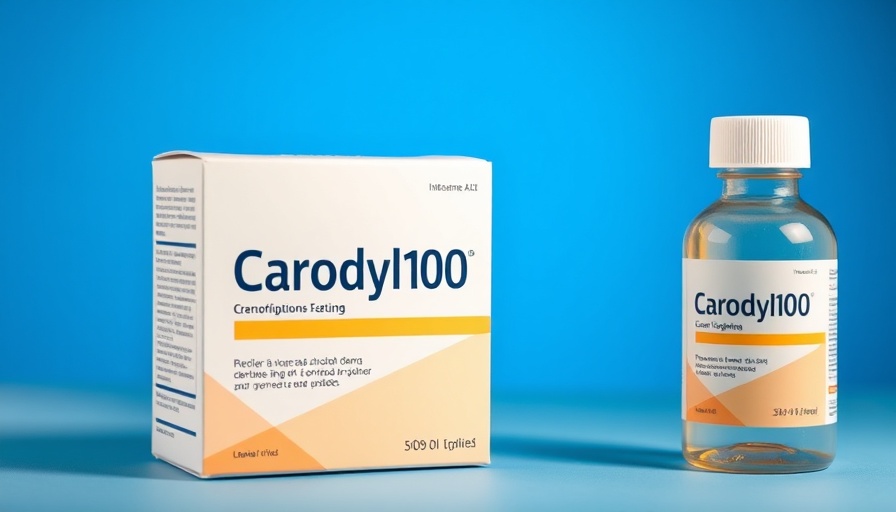
Chihuahua Costs in India: A Comprehensive Overview
The Chihuahua, a pint-sized canine companion, packs a big personality into its tiny frame. Frequently characterized by its loyal nature and playful demeanor, this compact dog has surged in popularity among pet lovers in India. But understanding the financial commitment associated with owning a Chihuahua is critical for prospective pet parents.
What Influences The Price of a Chihuahua?
Chihuahua prices vary significantly in India, typically ranging from ₹15,000 to ₹50,000, depending on factors such as location, breeder reputation, and lineage. Cities like Mumbai and Delhi often see higher prices due to demand for high-quality breeds.
1. **Breeder Reputation**: Purchasing from a reputable breeder ensures that your puppy comes from healthy lineage and has been well-socialized. Be prepared to pay ₹30,000 to ₹50,000 for top-tier breeders.
2. **Pedigree and Lineage**: Chihuahuas from champion bloodlines cost more, with prices for show-quality Chihuahuas ranging from ₹40,000 to ₹1,00,000.
3. **Size and Coat Type**: Smooth-coated Chihuahuas may be less expensive than their long-haired counterparts, and “teacup” Chihuahuas are generally priced higher due to their rarity.
4. **Age and Gender**: Puppies, typically priced between ₹20,000 and ₹50,000, dominate the market's demand, while adult dogs are often more affordable.
Managing Ongoing Expenses
Owning a Chihuahua involves ongoing expenses beyond the initial purchase price. While typically lower than larger breeds, costs for food, medical care, and grooming can add up.
- Food Costs: Expect to spend around ₹1,000 to ₹2,000 per month on high-quality dog food.
- Veterinary Care: Regular check-ups and preventive care may cost ₹1,500 to ₹3,000 monthly.
- Grooming: Smooth-coat Chihuahuas are low-maintenance, while long-haired ones require more frequent grooming sessions costing between ₹500 and ₹1,500 per month.
Adopting vs. Buying: Weighing Your Options
For potential pet owners, the choice between adoption and buying from a breeder is significant. Adoption not only saves money but plays a vital role in reducing the incidence of homeless pets. Organizations like PlanAPup and other shelters often have Chihuahuas needing loving homes, with adoption fees typically ranging from ₹5,000 to ₹15,000, which usually includes basic veterinary care.
Finding a Reputable Breeder
If you opt to purchase from a breeder, thorough research is essential. Looking for reviews, asking for references, and visiting the breeder's facility will help ensure that you are bringing home a healthy puppy. A good breeder will provide health records and assurance of the puppy’s lineage.
Conclusion
Welcoming a Chihuahua into your home can bring tremendous joy, leveraging their loyal and affectionate nature. Understanding the cost factors involved, from initial pricing to ongoing care, enables prospective owners to make informed decisions. Whether adopting or purchasing, be sure to prioritize the health and well-being of your new companion. Ready to take the leap into dog parenthood? Check out local shelters and reputable breeders to start your journey today!
 Add Row
Add Row  Add
Add 


Write A Comment